Summer is a time for outdoor adventures, but it’s also crucial to keep your feline friend healthy and safe during the warmer months. From hydration to sun protection, in this blog post, we will discuss crucial tips to ensure your cat stays happy and healthy all summer long. By following these summer wellness tips, you can enjoy the season worry-free and create unforgettable memories with your beloved furball.
Key Takeaways:
- Stay Hydrated: To keep your cat healthy during the summer, ensure they have access to fresh water at all times. Dehydration can be a serious issue for cats in the hot weather.
- Provide a Cool Environment: Cats can overheat easily in the summer, so make sure they have access to shaded areas and cool spots in your home. Consider placing a fan or air conditioning to help keep them comfortable.
- Protect from Fleas and Ticks: Use flea and tick prevention products recommended by your veterinarian to protect your cat from these common summer pests. Check your cat regularly for any signs of infestation.
- Limit Sun Exposure: Cats can get sunburned, especially those with light-colored fur or hairless breeds. Limit their time in direct sunlight and consider using pet-safe sunscreen on exposed areas.
- Regular Veterinary Check-ups: Schedule a wellness visit with your veterinarian to ensure your cat is in good health. Maintain vaccinations and discuss any concerns you may have about your cat’s well-being during the summer months.
Understanding Summer Health Risks for Cats
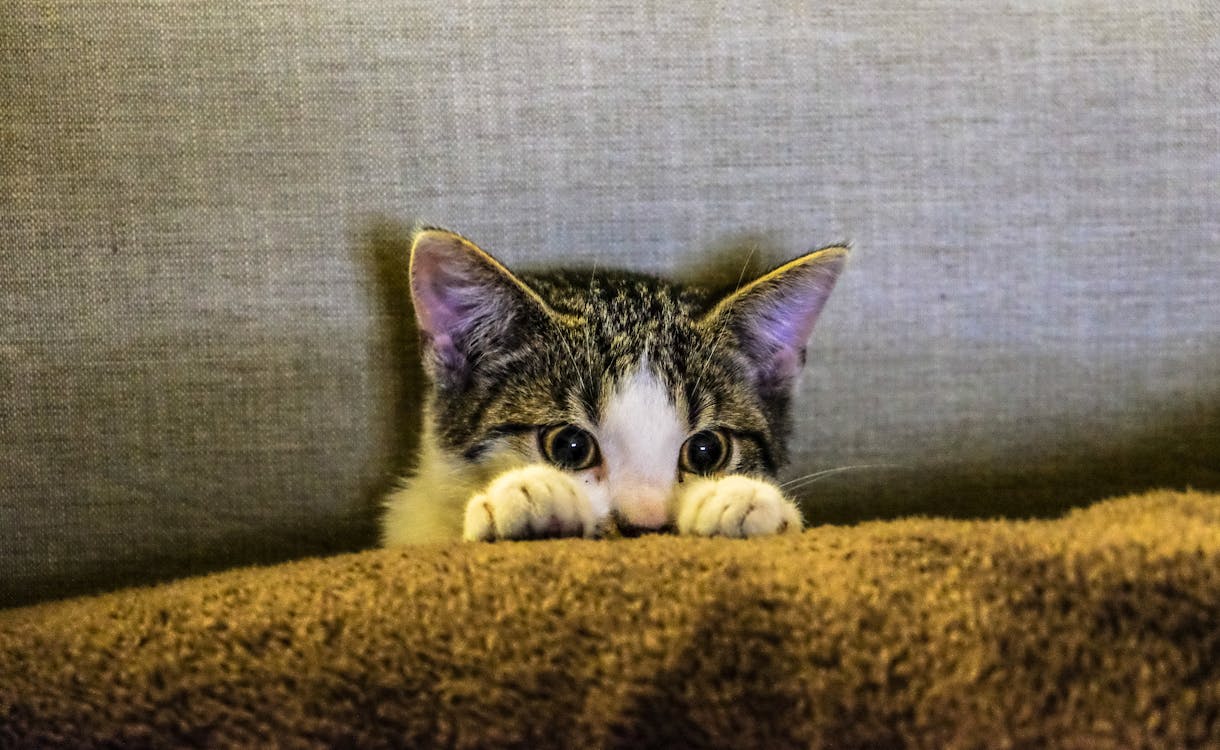
A common health issue that cats face during the summer months is dehydration. Due to the heat and increased activity levels, cats can easily become dehydrated if they do not have access to fresh water at all times. Another issue is heatstroke, which can be life-threatening if not treated promptly. Cats are more susceptible to heatstroke than humans, so it’s crucial to keep them cool and provide a cool place for them to rest during hot days.
Common Health Issues in Summer
Cats are prone to sunburn, especially if they have white or light-colored fur. It’s important to keep them indoors during the peak hours of the sun and apply pet-safe sunscreen if they go outside. Parasites such as fleas and ticks are also more abundant in the summer, so regular prevention measures are crucial to keep your cat healthy.
Factors Contributing to Summer Health Problems
For cats, factors that contribute to summer health problems include lack of shade or cool areas to rest, limited access to water, and exposure to toxic plants or chemicals in the garden. It’s crucial to create a cat-friendly environment during the summer months to prevent these issues.
- Provide shaded areas for your cat to escape the sun.
- Ensure your cat has access to fresh water at all times.
- Avoid planting toxic plants in your garden that could harm your cat.
Health
Any signs of heatstroke or dehydration should be taken seriously, and immediate veterinary attention should be sought. By being aware of the common health risks and factors contributing to summer health problems for cats, you can ensure your feline companion stays healthy and happy during the warmer months.
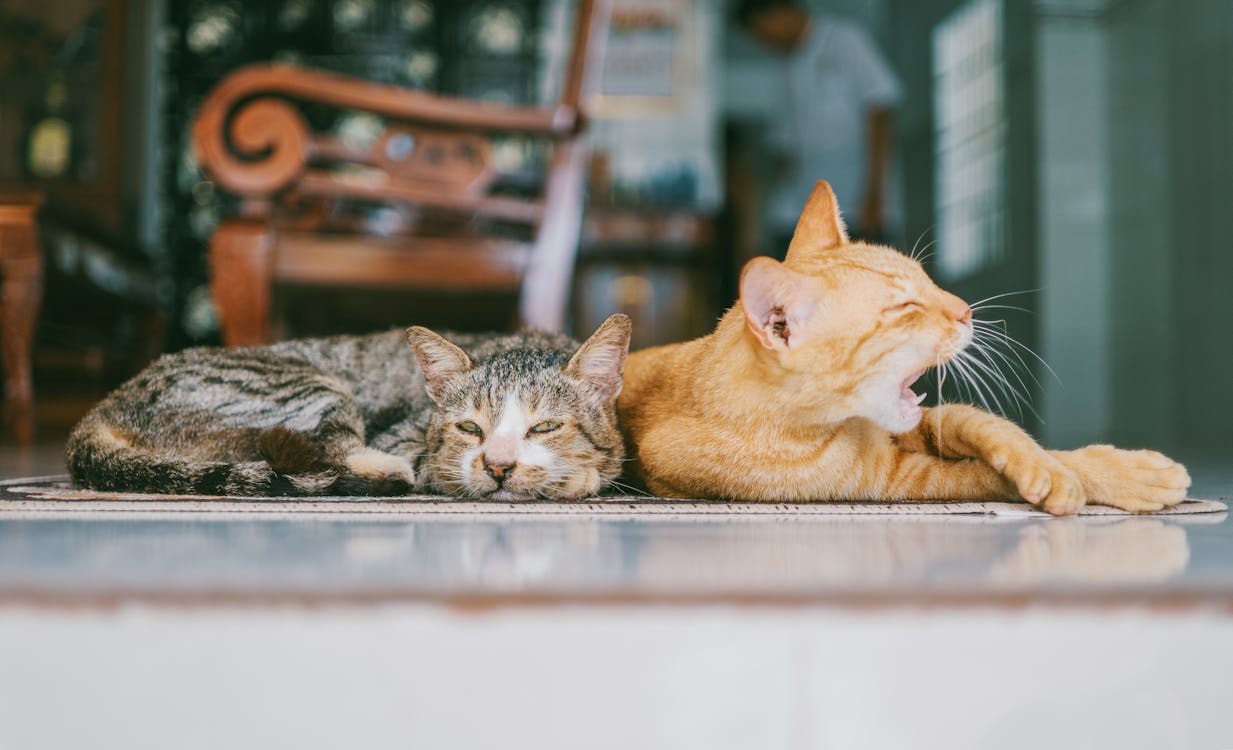
How to Provide a Safe Environment for Your Cat
Tips for Keeping Your Home Cool
Even though cats are known for their love of warmth, it’s important to keep your home cool during the hot summer months. Make sure your cat has access to shaded areas and plenty of fresh water to stay hydrated. Consider using fans or air conditioning to maintain a comfortable temperature for your feline friend.
- Provide plenty of fresh water throughout the house
- Keep blinds or curtains closed during the hottest parts of the day
- Avoid leaving your cat in a parked car, even for a short period of time
Recognizing signs of heat stress in cats is crucial for their well-being. If you notice your cat panting excessively, lethargy, or drooling, move them to a cooler area immediately and contact your veterinarian for guidance.
Creating a Comfortable Space for Your Cat
Creating a comfortable environment for your cat is imperative for their overall well-being. Set up cozy spots with soft bedding where they can relax and nap. Provide scratching posts, toys, and interactive playtime to keep them mentally stimulated and physically active.
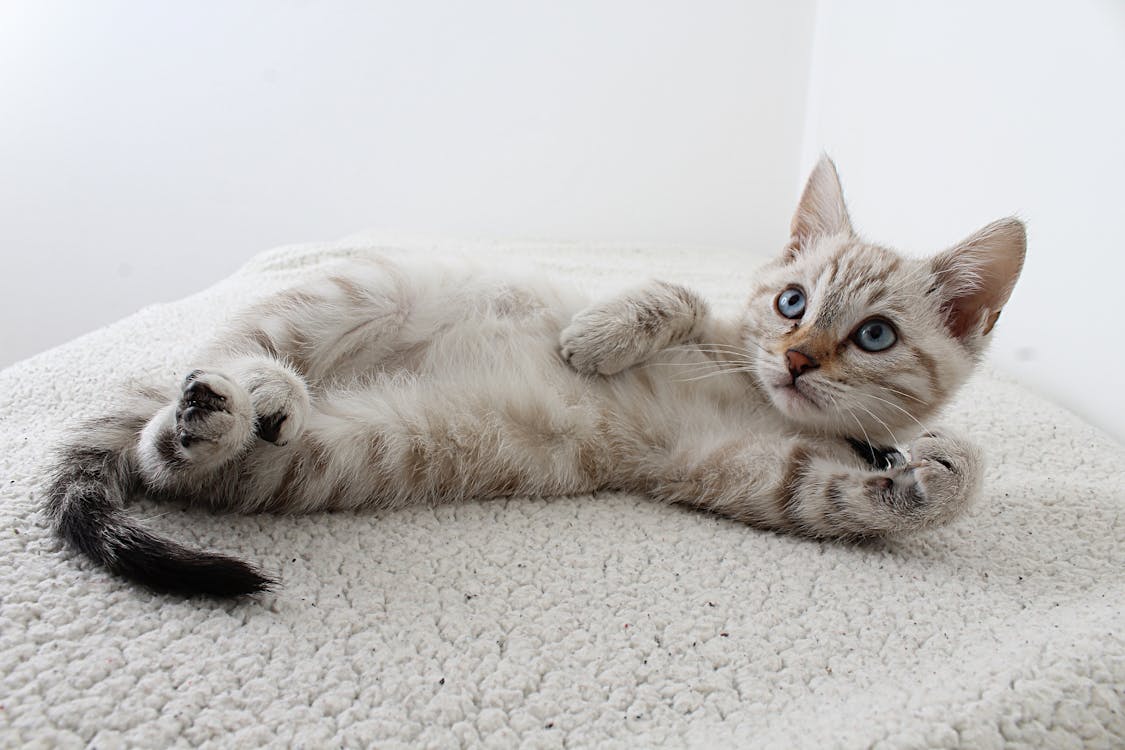
The more comfortable and enriched your cat’s environment is, the happier and healthier they will be. Make sure to create a space that meets their needs and allows them to exhibit their natural behaviors.
Preventing Heat Stroke
Even with all precautions in place, cats can still be at risk of heat stroke during the summer months. Be mindful of signs such as excessive panting, drooling, lethargy, and vomiting. If you suspect your cat is suffering from heat stroke, cool their body gradually with damp towels and seek immediate veterinary care.
Heat stroke can be life-threatening for cats, so it’s imperative to take preventive measures and act quickly if you notice any concerning symptoms in your feline companion.
Nutrition and Hydration for Summer Wellness
How to Choose the Right Food for Your Cat
For optimal summer wellness, choosing the right food for your cat is crucial. Look for cat food that is formulated to provide complete and balanced nutrition. Foods high in moisture content are beneficial during the hot summer months to keep your cat hydrated.
Tips for Encouraging Water Intake
Ensuring your cat stays hydrated is crucial for their health in summer. To encourage water intake, consider placing multiple water bowls around the house, using a cat fountain to make water more enticing, and adding wet food to their diet. The more water your cat consumes, the better they will be able to regulate their body temperature in the heat.
- Provide fresh water daily
- Keep water bowls clean and placed away from litter boxes
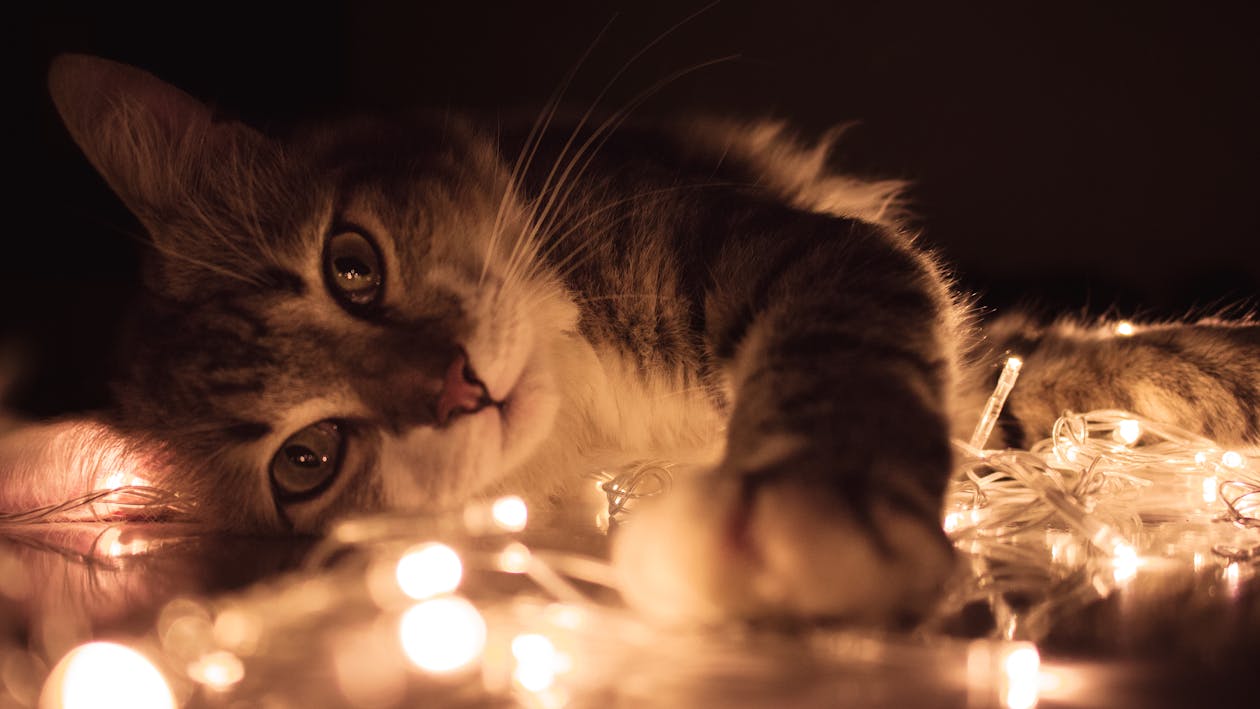
The importance of water intake for cats cannot be overstated, especially in the warmer months. Cats are prone to dehydration, and a lack of water can lead to serious health issues. Making sure they have access to clean, fresh water at all times is key to their well-being.
Avoiding Summer Food Hazards
While enjoying the summer months, it’s important to be mindful of potential food hazards for your cat. Certain summer foods like onions, garlic, grapes, and raisins can be toxic to cats and should be kept out of their reach. Additionally, be cautious of bones, skewers, and corn cobs which can pose choking hazards or cause digestive issues if ingested.
It is crucial to be vigilant about what your cat has access to during the summer. Keep an eye on any outdoor barbecues or picnics where your cat might try to sneak a bite of something harmful. Taking precautions to avoid these hazards will help keep your cat safe and healthy during the summer season.
Managing Parasites and Pests in Summer
How to Identify and Prevent Fleas and Ticks
There’s nothing worse than finding out your cat has fleas or ticks, especially in the summer months when these pests are most active. To keep your feline friend safe, regularly check their fur for any signs of these parasites. Fleas are small, dark insects that move quickly through the fur, while ticks are larger and tend to attach themselves to the skin.
To prevent fleas and ticks from infesting your cat, make sure to use veterinarian-recommended flea and tick prevention products. These can come in the form of topical treatments or collars that repel these pests. Additionally, keep your cat indoors during peak flea and tick seasons and regularly groom them to catch any pests early.
Dealing with Mosquito-Borne Illnesses
Dealing with mosquito-borne illnesses is vital in the summertime when these insects are most prevalent. Mosquitoes can transmit diseases such as heartworm, which can be fatal to cats. To protect your cat, ensure they are on a regular preventative medication for heartworm, as recommended by your veterinarian.

Paying attention to any symptoms of mosquito-borne illnesses is crucial. If you notice your cat is lethargic, coughing, or experiencing difficulty breathing, contact your vet immediately. Prevention and early detection are key in safeguarding your cat’s health against mosquito-borne illnesses.
Natural Methods for Repelling Pests
With the concern over chemical treatments, many cat owners are turning to natural methods for repelling pests. Essential oils like lavender, peppermint, and cedarwood can act as natural repellents for fleas, ticks, and mosquitoes. However, it’s important to dilute these oils properly before use, as cats are sensitive to certain vital oils.
Methods
Some cat-safe plants like catnip, rosemary, and lemongrass can also help in repelling pests naturally. Planting these in your garden or using them as indoor plants can deter insects and pests from bothering your cat. Remember to do your research on which plants are safe for cats before introducing them into your home environment.
Exercise and Play for Summer Fun
After ensuring your cat’s safety and well-being during the summer months, it’s time to focus on ways to keep them active and engaged. Exercise and play are crucial for your cat’s physical and mental health, so here are some tips to help you make the most of the summer season.
Tips for Encouraging Outdoor Play Safely
- Little by little, introduce your cat to the outdoors, starting with short supervised sessions in a secure area.
- Provide plenty of toys and stimuli to keep your cat entertained while outdoors.
This will help your cat stay active and engaged while enjoying the fresh air and sunshine.
Indoor Activities for Hot Days
Exercise is still crucial, even on days when it’s too hot for outdoor play. To keep your cat active indoors, consider setting up a play area with climbing structures, scratching posts, and interactive toys. This will provide them with opportunities to stay active and entertained while staying cool indoors.
Indoor play can include interactive games like hide-and-seek, chase the toy, or puzzle feeders that engage your cat’s mind and body. These activities will help prevent boredom and encourage physical activity even on the hottest of days.
How to Create a Summer-Friendly Play Area
Any play area should be equipped with cooling mats or beds, fresh water, and plenty of shade to keep your cat comfortable during playtime. Consider adding some cat-safe plants for a touch of nature and mental stimulation. Interactive toys like feather wands or laser pointers can also provide hours of entertainment.
Outdoor play is beneficial for your cat’s overall wellness, but it’s crucial to provide a safe and comfortable environment to ensure they enjoy their time outside without any risks.
Monitoring Your Cat’s Health in Summer
How to Recognize Early Warning Signs of Illness
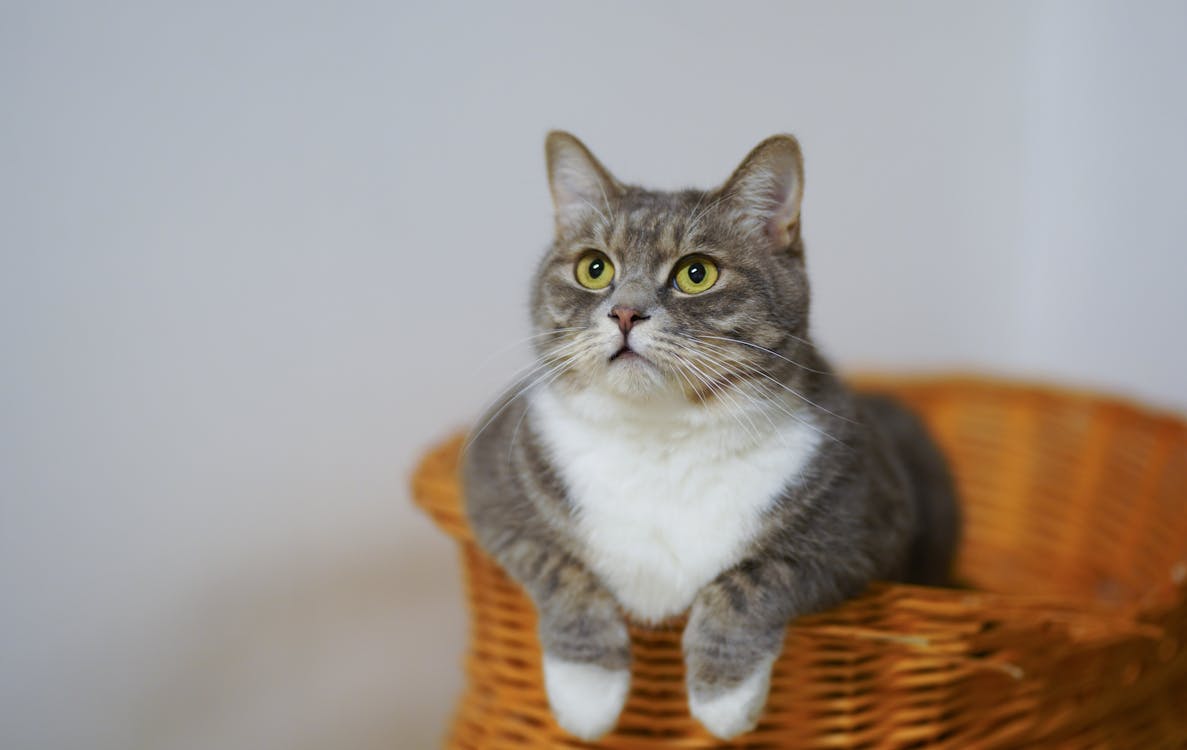
All cat owners should be vigilant in monitoring their feline friends for any signs of illness, especially during the summer months. Some early warning signs that your cat may be unwell include changes in appetite, lethargy, vomiting, diarrhea, or excessive grooming. Keep an eye out for any behavior that seems out of the ordinary for your cat and consult your veterinarian if you have any concerns.
Scheduling Regular Check-Ups with Your Veterinarian
Scheduling regular check-ups with your veterinarian is crucial for maintaining your cat’s health, particularly in the summer when they may be more prone to heat-related issues. Your vet can assess your cat’s overall health, provide necessary vaccinations, and offer guidance on summer-specific care. Be sure to follow your vet’s recommendations for flea, tick, and parasite prevention to keep your cat healthy and happy.
Regular veterinary check-ups are important for addressing any potential health concerns early on, ensuring that your cat stays in top condition throughout the summer months. Your veterinarian can also provide personalized advice on nutrition, exercise, and hydration to meet your cat’s specific needs.
Keeping Track of Your Cat’s Health Records
One way to stay on top of your cat’s health is by keeping meticulous records of their veterinary visits, vaccinations, and any treatments they receive. This can help you track your cat’s overall well-being and provide valuable information to your veterinarian in case of any health issues. Consider creating a dedicated folder or digital file to store all your cat’s health records for easy access.
Your cat’s health records are vital for keeping track of their medical history, ensuring they receive the appropriate care when needed. By staying organized and proactive in managing your cat’s health records, you are taking an important step in keeping your feline companion healthy and happy during the summer and beyond.
Conclusion
The summer months can bring unique challenges for keeping your cat healthy, but with these tips, you can ensure your feline friend stays safe and happy. Remember to keep your cat hydrated, provide plenty of shade and cool areas for them to relax, and protect them from pests like fleas and ticks. Regular veterinary check-ups and a healthy diet will also contribute to your cat’s overall well-being during the summer months.
The more proactive you are in looking after your cat’s health during the summer, the more you can both enjoy the warm weather together. By following these summer wellness tips, you can help keep your cat healthy, happy, and thriving all throughout June and beyond.
FAQ
Q: Why is it important to keep my cat healthy in June?
A: Maintaining your cat’s health in June is necessary as the summer season can bring about various health risks for your feline companion, such as heatstroke, dehydration, and exposure to parasites.
Q: How can I ensure my cat stays hydrated during the hot summer months?
A: To keep your cat hydrated in June, ensure fresh water is always available, consider placing additional water bowls in multiple locations, and even add wet food to their diet to increase their water intake.
Q: What are some signs of heatstroke in cats, and how can I prevent it?
A: Signs of heatstroke in cats include excessive panting, lethargy, drooling, and vomiting. To prevent heatstroke, make sure your cat has access to a cool and shaded area, and never leave them in a hot car or under direct sunlight for extended periods.
Q: How can I protect my cat from fleas and ticks during the summer?
A: To protect your cat from fleas and ticks, use vet-approved preventative treatments, regularly groom your cat to check for pests, and keep your home environment clean by vacuuming regularly.
Q: Is it safe to use sunscreen on my cat during the summer?
A: No, it is not safe to use sunscreen meant for humans on cats. Cats are sensitive to certain ingredients in sunscreen that can be toxic to them if ingested while grooming. It’s best to provide shade and limit sun exposure instead.
Q: How can I help my indoor cat stay active during the hot weather?
A: Keep your indoor cat active during the summer by providing interactive toys, puzzle feeders, and climbing structures. You can also engage in play sessions with your cat to help them stay physically and mentally stimulated.
Q: Are there any specific dietary recommendations for my cat during the summer?
A: Consider feeding your cat smaller, more frequent meals during the summer to prevent overeating and aid digestion. You can also consult with your veterinarian for any specific dietary recommendations based on your cat’s individual needs.










